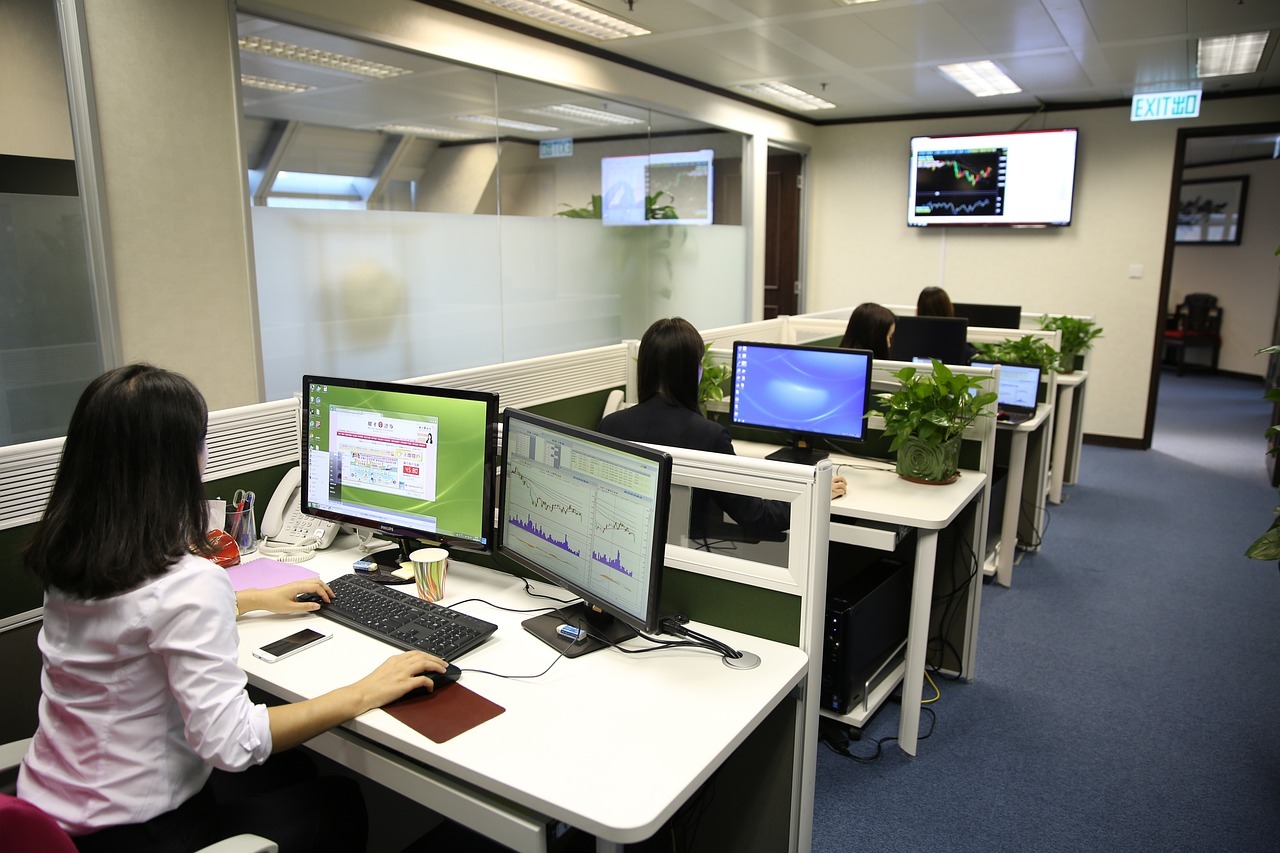The Importance of Self-Awareness in Remote Work Management for IT Companies In today's fast-paced world, remote work has become a common practice in the IT industry. With the rise of technology and the need for flexibility, many companies have embraced remote work as a way to increase productivity and improve work-life balance for their employees.
However, managing remote teams comes with its own set of challenges, and one key factor that can make a significant difference is self-awareness. Self-awareness is the ability to understand one's own emotions, thoughts, and behaviors. It is a crucial skill for effective leadership, as it allows managers to better understand their strengths and weaknesses, as well as how their actions impact others.
In the context of remote work management, self-awareness plays a critical role in helping managers build strong relationships with their remote teams, set clear expectations, and provide meaningful feedback. One of the main challenges of managing remote teams is maintaining open communication and fostering a sense of connection among team members.
Self-aware managers are better able to recognize when their communication style may be hindering effective collaboration and can adjust their approach accordingly. By being mindful of their own communication preferences and biases, self-aware managers can create a more inclusive and supportive work environment for their remote teams. Self-awareness also plays a crucial role in setting clear expectations and goals for remote teams. Managers who are self-aware are better able to identify their own strengths and weaknesses, as well as those of their team members.
This allows them to delegate tasks effectively, play to their team's strengths, and provide the necessary support and resources to help their team succeed. By understanding their own limitations, self-aware managers can also be more transparent with their teams about what they can and cannot deliver, which helps to build trust and accountability. In addition, self-aware managers are better equipped to provide meaningful feedback to their remote teams.
By understanding their own emotions and reactions, self-aware managers can deliver feedback in a constructive and empathetic manner, which is essential for remote teams who may not have the benefit of face-to-face interactions. Self-aware managers are also more likely to seek feedback from their team members, which can help them identify blind spots and areas for improvement in their own leadership style.
Overall, self-awareness is a critical skill for managers in IT firms who are navigating the challenges of remote work management. By being mindful of their own emotions, thoughts, and behaviors, managers can build stronger relationships with their remote teams, set clear expectations, and provide meaningful feedback that helps their team succeed. As remote work continues to become more prevalent in the IT industry, self-awareness will be an essential tool for managers looking to effectively lead their teams in a virtual environment.
However, managing remote teams comes with its own set of challenges, and one key factor that can make a significant difference is self-awareness. Self-awareness is the ability to understand one's own emotions, thoughts, and behaviors. It is a crucial skill for effective leadership, as it allows managers to better understand their strengths and weaknesses, as well as how their actions impact others.
In the context of remote work management, self-awareness plays a critical role in helping managers build strong relationships with their remote teams, set clear expectations, and provide meaningful feedback. One of the main challenges of managing remote teams is maintaining open communication and fostering a sense of connection among team members.
Self-aware managers are better able to recognize when their communication style may be hindering effective collaboration and can adjust their approach accordingly. By being mindful of their own communication preferences and biases, self-aware managers can create a more inclusive and supportive work environment for their remote teams. Self-awareness also plays a crucial role in setting clear expectations and goals for remote teams. Managers who are self-aware are better able to identify their own strengths and weaknesses, as well as those of their team members.
This allows them to delegate tasks effectively, play to their team's strengths, and provide the necessary support and resources to help their team succeed. By understanding their own limitations, self-aware managers can also be more transparent with their teams about what they can and cannot deliver, which helps to build trust and accountability. In addition, self-aware managers are better equipped to provide meaningful feedback to their remote teams.
By understanding their own emotions and reactions, self-aware managers can deliver feedback in a constructive and empathetic manner, which is essential for remote teams who may not have the benefit of face-to-face interactions. Self-aware managers are also more likely to seek feedback from their team members, which can help them identify blind spots and areas for improvement in their own leadership style.
Overall, self-awareness is a critical skill for managers in IT firms who are navigating the challenges of remote work management. By being mindful of their own emotions, thoughts, and behaviors, managers can build stronger relationships with their remote teams, set clear expectations, and provide meaningful feedback that helps their team succeed. As remote work continues to become more prevalent in the IT industry, self-awareness will be an essential tool for managers looking to effectively lead their teams in a virtual environment.



